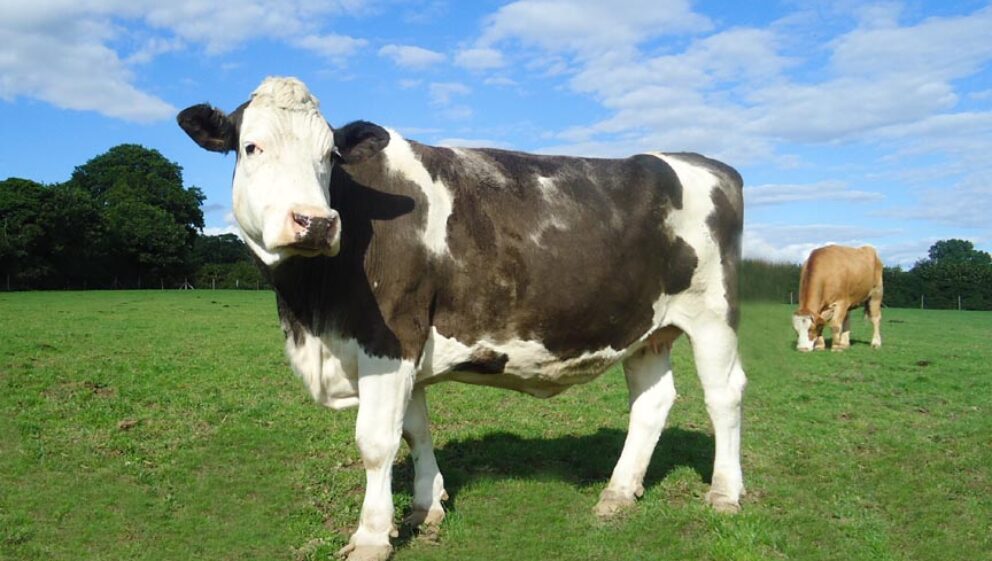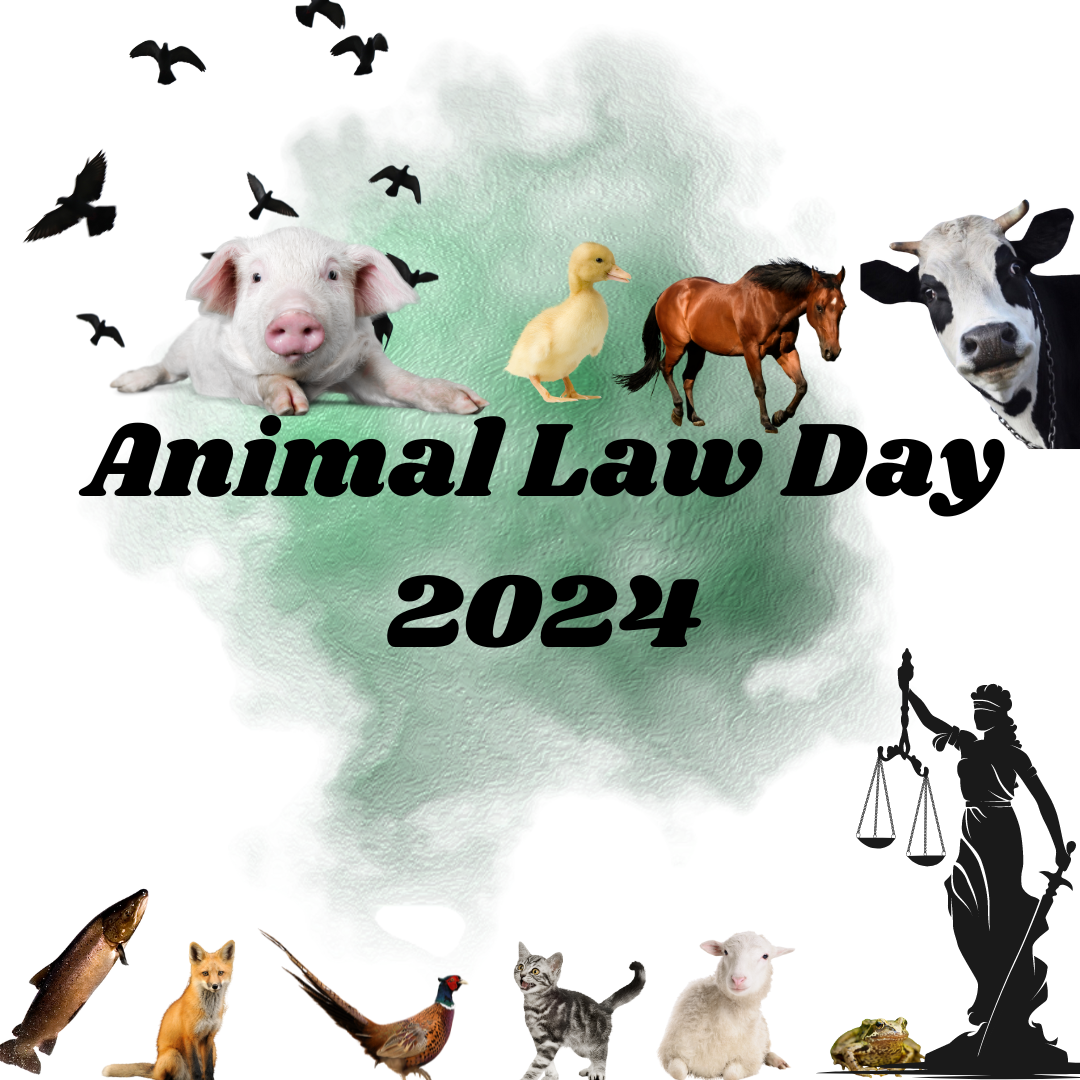These legislative achievements are significant. However, when we evaluate the day-to-day impact these laws will have on the lives of animals, it is essential to understand the distinction between animal welfare and animal rights. Animal welfare focuses on creating criteria to bring about a more “humane” treatment of animals, ensuring that their basic needs are met (consider the five freedoms). On a practical level, we at Animal Aid have exposed time and time again that this is not the reality for animals kept within systems of exploitation. We also see flaws in the principle itself; provided their treatment meets certain standards, it accepts the use of animals for human purposes, commodifies animals, and draws arbitrary distinctions between different species to decide who we can and cannot exploit for human benefit.
Animal rights, on the other hand, recognise the intrinsic value of animals, with the view that they should not be exploited for human benefit and should live free from harm. Animal rights activists and advocates, including Animal Aid, strive to create a world where animals are not viewed as commodities or resources but as individuals with their own rights and freedoms. This vision encompasses the belief that animals should not be used for food, clothing, entertainment, or research, and instead should live lives free from human interference and exploitation.
There are so many important organisations working to advance legal protections for animals such as the Animal Law Foundation, A-Law, and the UK’s only dedicated animal protection law firm Advocates for Animals.
At Animal Aid, we continue to campaign for a world where animals are respected and can live free from exploitation. We tackle these issues by advocating for bottom-up behaviour change amongst individuals as well as pushing for system change through law and policy. During the election period, we urged parliamentary candidates to pledge their support for 10 key issues impacting the lives and rights of animals with our Votes for Animals campaign. Now, post-election, we are carrying forward 5 pledges deeply connected to our animal-rights-focused mission. We will be putting pressure on the newly elected MPs to protect animals by honouring the below pledges:
Intensive farming
Use of subsidies to support farmers to transition away from factory farming and towards plant-based food production that is healthier, kinder, and more sustainable.
Wildlife
Stronger protections for wildlife, including a complete UK ban on snares and glue traps.
Animal testing
A government-led roadmap with an ambitious plan to end all experiments on animals, alongside strategic funding to accelerate the uptake and development of non-animal methods in research and testing.
Shooting
A ban on the cruel and environmentally harmful industrial production and release of pheasants and partridge for shooting.
Animal Protection Commissioner
Appointment of a commissioner and cross-government animal protection strategy to benefit people, planet and animals
As we celebrate Animal Law Day, let us recognise the significant progress made in animal protection, but renew our commitment to advocating for the rights of all animals.




